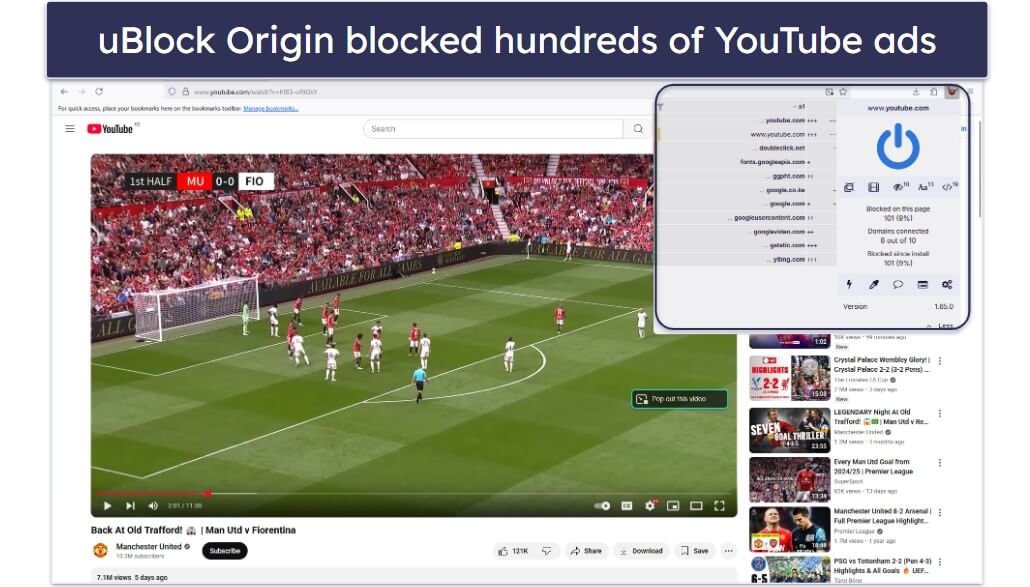The rise of artificial intelligence has undoubtedly transformed various industries, including the world of content creation. However, as the New York Post recently reported, some individuals have experienced significant challenges due to the growing adoption of AI tools like ChatGPT. One such case is Sharanya Bhattacharya, a 22-year-old copywriter from Kolkata. Her story sheds light on the disruptive impact of AI on the income and livelihoods of skilled professionals, leading to panic attacks and financial hardships.
Also Read: Google Releases News Writer AI ‘Genesis’

From Prosperity to Struggle
As a young and talented copywriter, Sharanya Bhattacharya once enjoyed a steady income from her work at a creative solutions agency. Her SEO-optimized articles and ghostwriting services garnered a monthly income of approximately $240 (₹20,000). However, the turning point came in November 2022, when organizations began using AI-based tools like ChatGPT to cut costs.
The Dark Side of AI Adoption
With the rise of AI-powered content generation, Bhattacharya experienced a significant decline in her workload. Companies, driven by cost-efficiency, increasingly opted for AI-generated content rather than relying on skilled human writers. As a result, her commissions dwindled, leaving her with only 1-2 articles to work on each month. The lack of clarity from these companies added to her struggles, exacerbating the financial strain.
Also Read: AI-Generated Content Can Put Developers at Risk

The Impact on Livelihood
The drastic reduction in income affected Bhattacharya and had ripple effects on her family, especially her 45-year-old mother, a saree seller, who depended on her earnings. With their monthly income plummeting to a mere ’10 percent of its previous value, the family had to tighten their belts and prioritize essential expenses like food and bills. Enjoyable activities, such as dining out, became rare occurrences.
Also Read: OpenAI CEO Sam Altman: Jobs at Risk as AI Proves Its Might

Struggling with Anxiety and Uncertainty
The AI revolution’s unintended consequences have affected Bhattacharya’s mental health. The fear of potential unemployment and an uncertain future has led to panic attacks and anxiety. The uncertainty surrounding the future of skilled human labor in the face of automation is a concern shared by many others in her profession.
Also Read: AI Surge: Stability AI CEO Predicts Job Losses for Indian Developers Within 2 Years
Hope for an AI-Integrated Future
Despite the challenges, Bhattacharya remains optimistic about the potential of AI-human integration. She believes that artificial intelligence can complement human skills to achieve optimum results in content creation. Rather than seeing AI as a threat, she envisions a future where AI tools enhance and support the creativity of human writers, ensuring a harmonious coexistence between the two.
Also Read: Jobs That AI Can’t Replace
Our Say
Sharanya Bhattacharya’s story highlights the real impact of AI on copywriting and other skilled professionals in various industries. While the rapid adoption of AI tools like ChatGPT may lead to increased efficiency and cost savings for businesses, it also poses challenges for individual workers who face reduced job opportunities and financial strains. As we navigate this transformative era, companies must balance embracing AI for its benefits and recognizing the value of human creativity and expertise. An AI-integrated future holds the potential to create a thriving environment where both AI and human skills work in harmony to drive innovation and progress.

